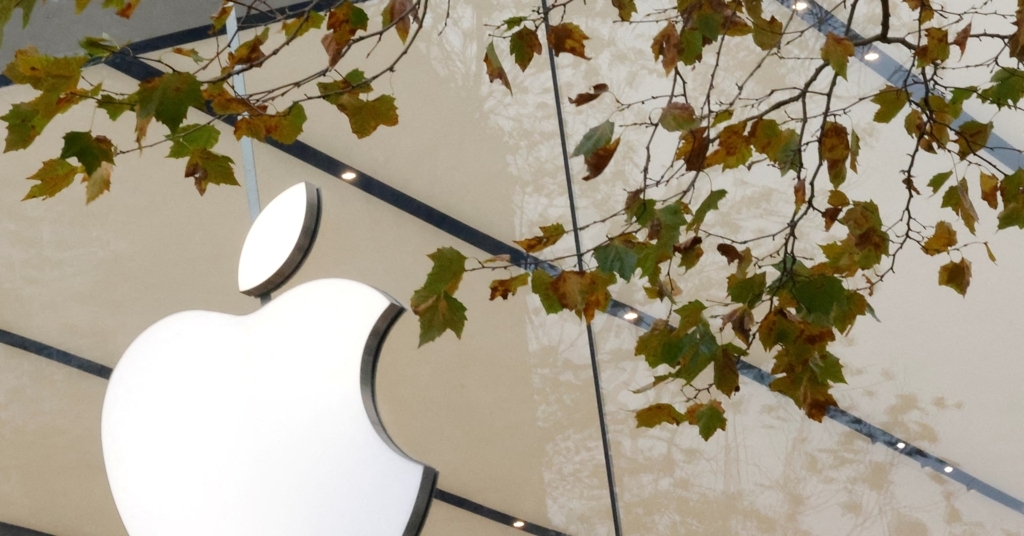UK Demands Apple Backdoor Access and Its Privacy Implications
Explore the UK’s controversial demand for Apple to create a backdoor for user data and the potential risks to global privacy rights.
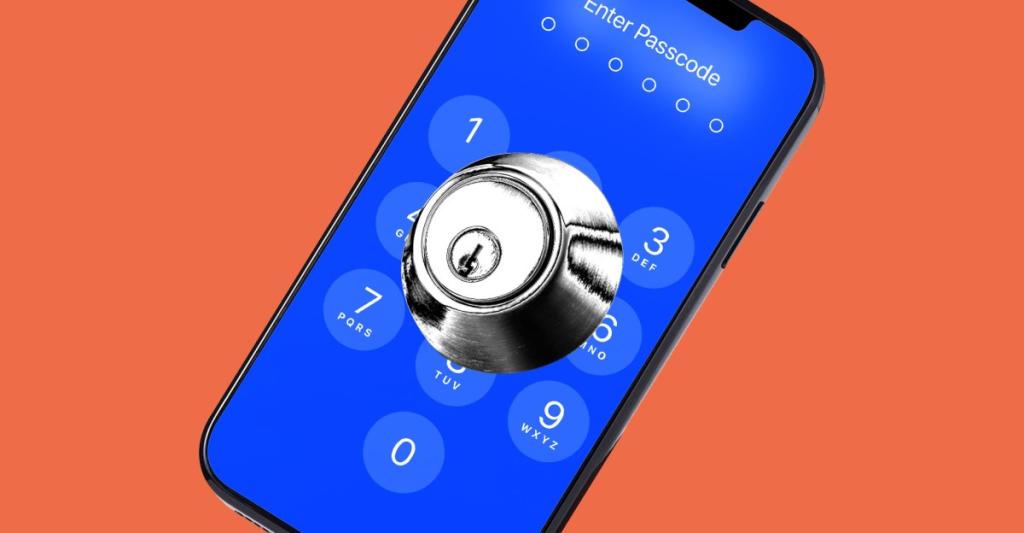
Key Points
- The UK government has ordered Apple to create a backdoor for access to encrypted iCloud
data, raising significant privacy concerns.
- Apple's history of resisting government demands for backdoor access suggests it may withdraw its Advanced Data Protection service in the UK rather than compromise user security.
- This demand underscores the ongoing conflict between national security efforts and the fundamental rights of individuals to maintain their digital privacy.
The ongoing debate around digital privacy has taken a significant turn as the UK government reportedly issued a secret order demanding that Apple create a backdoor into its iCloud service. This move raises critical questions about user privacy, the government's reach, and the ethical responsibilities of tech companies. As the government pushes for greater access to encrypted data, users and experts alike are left grappling with the implications of such demands.

The Nature of the Demand
According to multiple reports, including one from the
, the
has issued a technical capability notice requiring Apple to provide authorities with blanket access to all encrypted content uploaded to iCloud. This request implies not just access to specific user accounts but a vast and unrestricted entry point into the private data of potentially millions of users worldwide.
This order is rooted in the UK’s Investigatory Powers Act of 2016, often referred to as the "Snoopers' Charter". The Act gives the government expansive powers to access individuals' digital data, ostensibly to combat crime and terrorism. However, critics argue that the implications for civil liberties and user privacy are profound. The fact that this request could grant access not just to British citizens but to anyone using Apple’s services raises significant ethical concerns about global privacy rights.
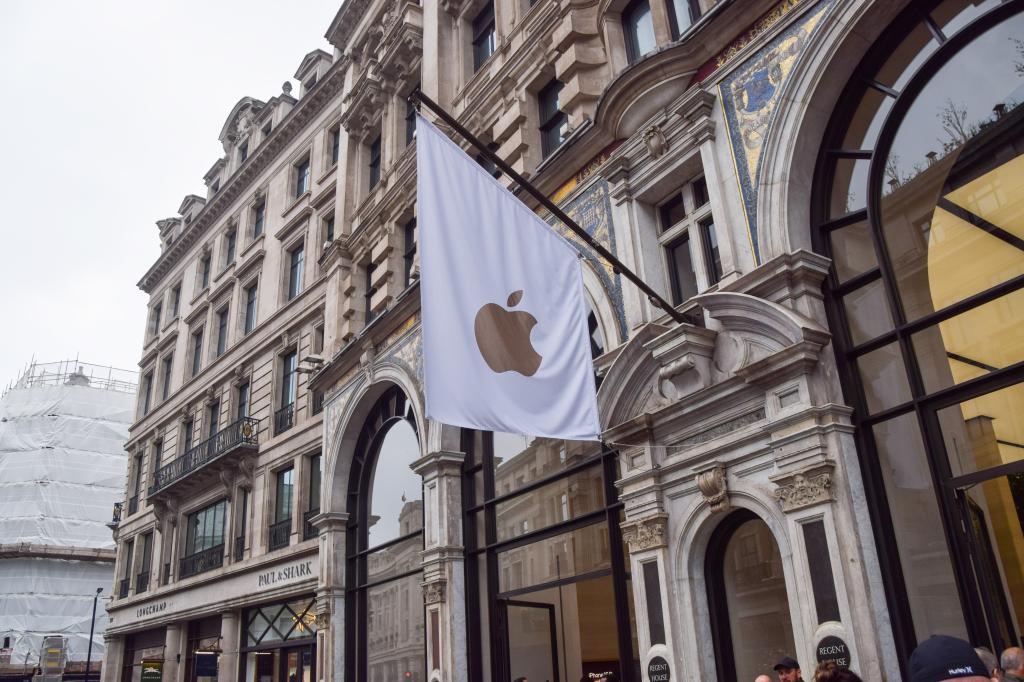
Apple's Position and Historical Context
Apple has built its brand around a strong commitment to user privacy, often positioning itself in direct opposition to overt governmental surveillance. In previous instances, such as the high-profile conflict with the FBI over access to an iPhone during the
investigation, Apple refused to comply with requests for backdoor access. Instead, it argued that creating such a backdoor would compromise the security of all users. This historical resistance indicates that Apple is likely to reject the UK government’s requests as well, even if it faces legal repercussions.
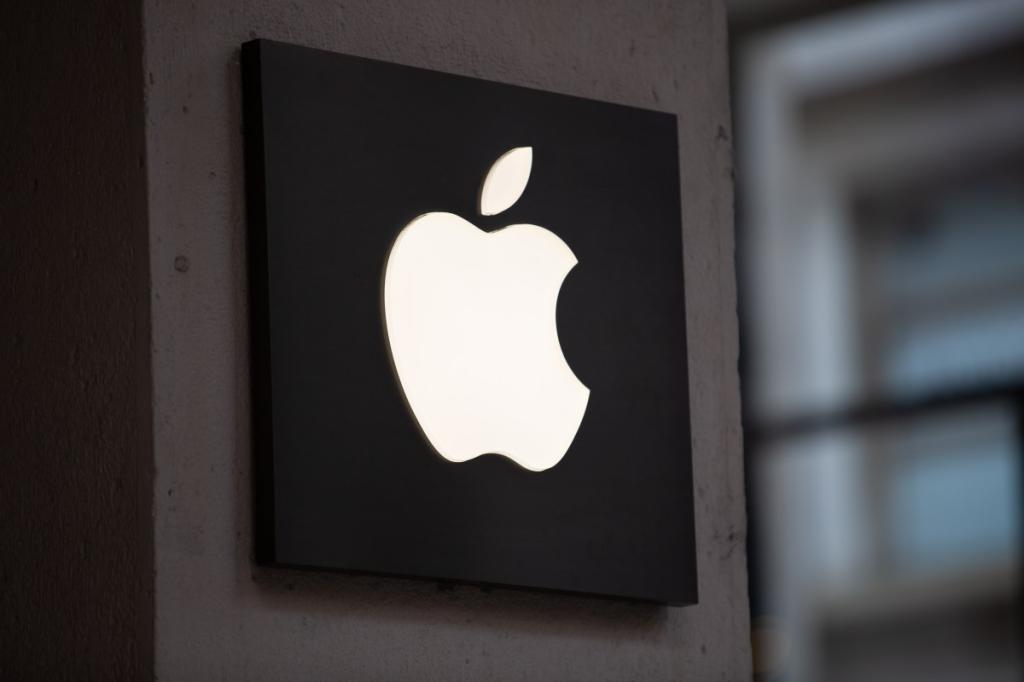
The Potential Fallout
What happens if Apple decides to comply with the UK government's demands? Should Apple create a backdoor for UK authorities, it may have to reconsider its entire security paradigm. Sources suggest that the company could stop offering its Advanced Data Protection service in the UK altogether, effectively meaning that users would be left without the higher security that comes with end-to-end encryption.
This predicament underlines a broader concern: once a backdoor is created for law enforcement, it not only puts users' data at risk but inadvertently opens up channels for criminals and hackers to exploit those same pathways. Cybersecurity experts warn that such measures could lead to a reduction in trust among users who rely on these systems for their personal privacy and security.
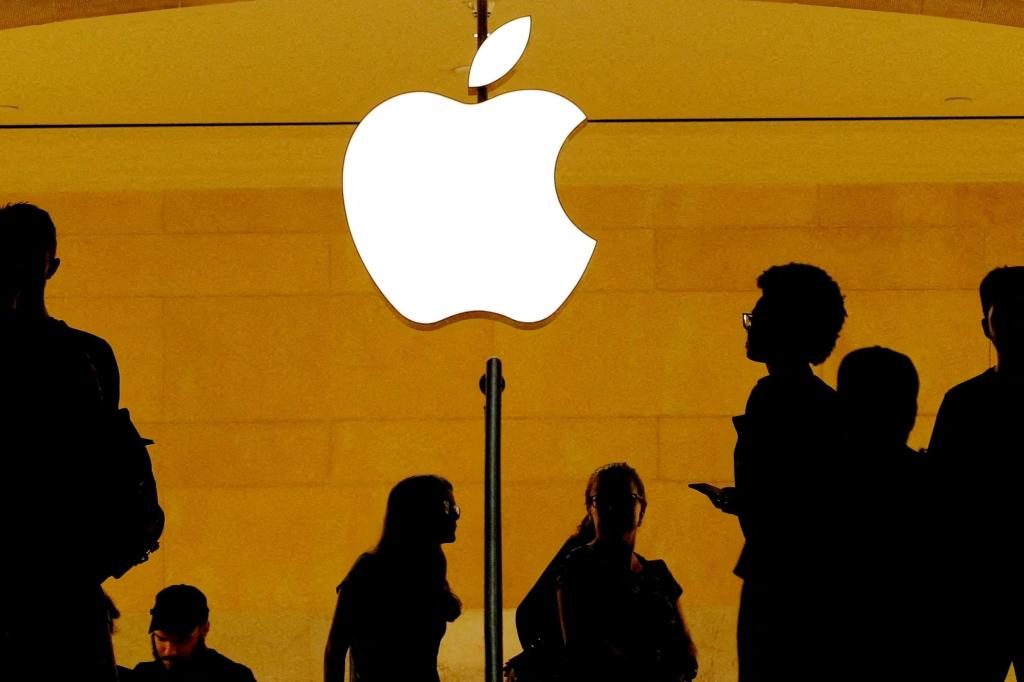
A Broader Discussion on Privacy and Security
The demand for backdoor access from the UK government opens a wider dialogue about privacy in the digital age. As governments around the world grapple with evolving threats from terrorism, cybercrime, and other malicious activities, the balance between maintaining national security and protecting civil liberties becomes ever more tenuous. The challenge lies in ensuring that public safety efforts do not encroach upon the fundamental rights of individuals to maintain their privacy.
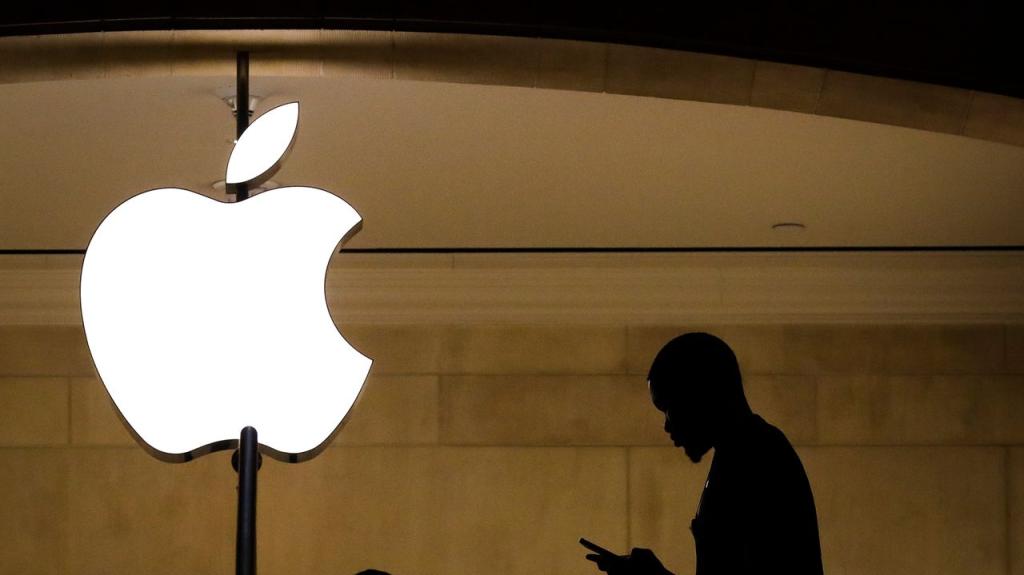
What's Next?
As this situation unfolds, it will be essential for users, technology companies, and policymakers to engage in ongoing discussions about privacy rights and the role of encryption. The outcome of Apple’s response to this demand can serve as a significant precedent for how digital privacy rights are treated globally. With governments looking for comprehensive access to personal data, the choice between safety and privacy looms large, and it is a choice that cannot be taken lightly.
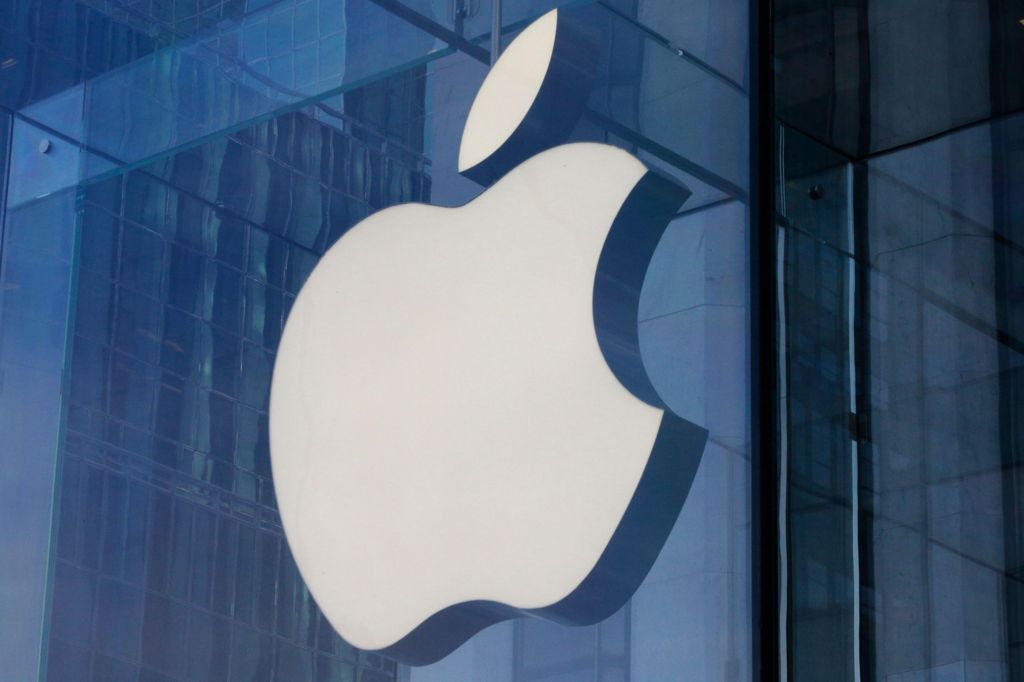
In summary, the UK's demand for access to Apple users' encrypted data presents a critical juncture that could affect personal privacy on a global scale. As Apple stands firm on its commitment to privacy, the responses from both the government and the tech giant will likely set important precedents for how digital security and personal data are managed in the years to come.



